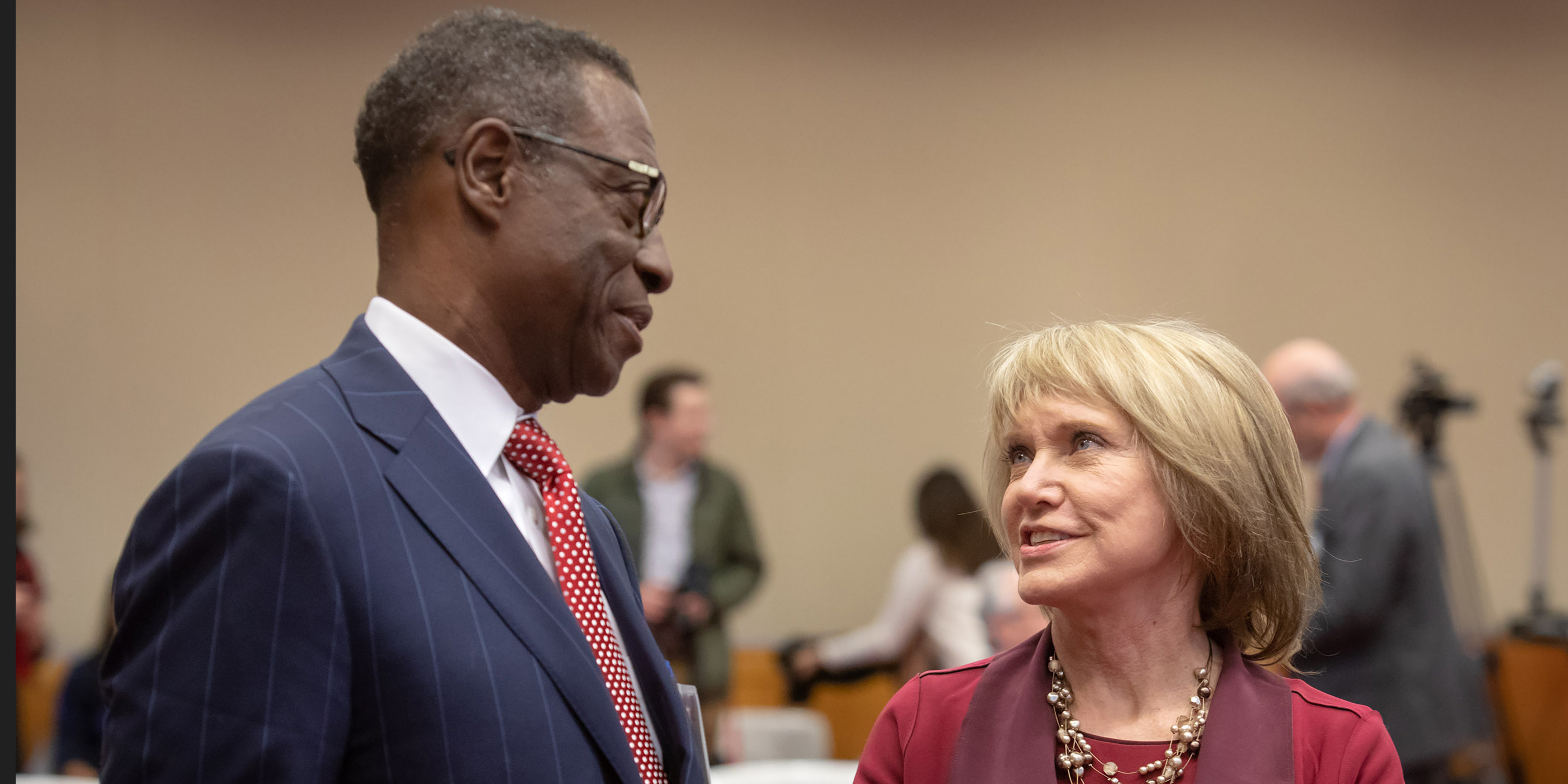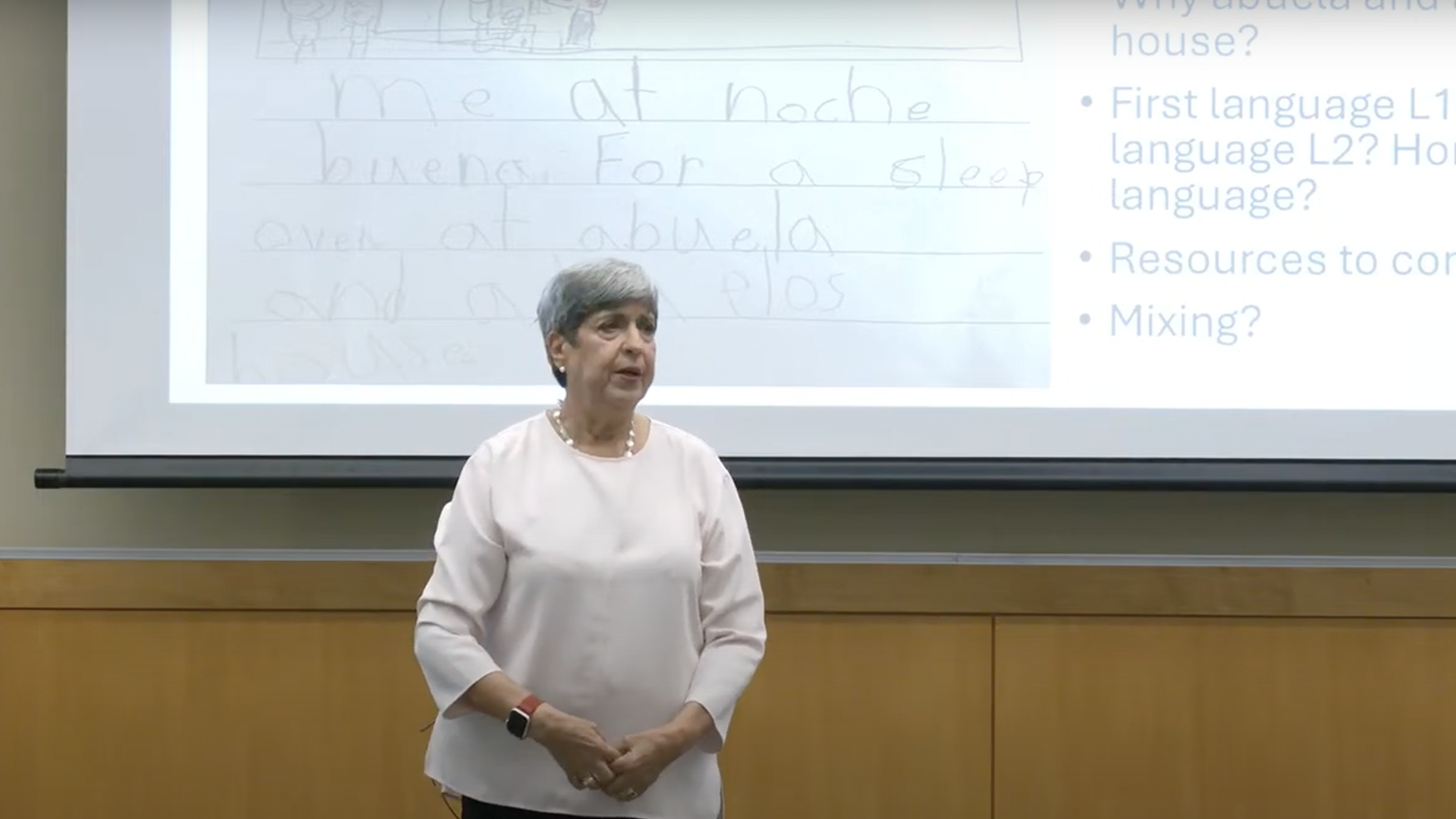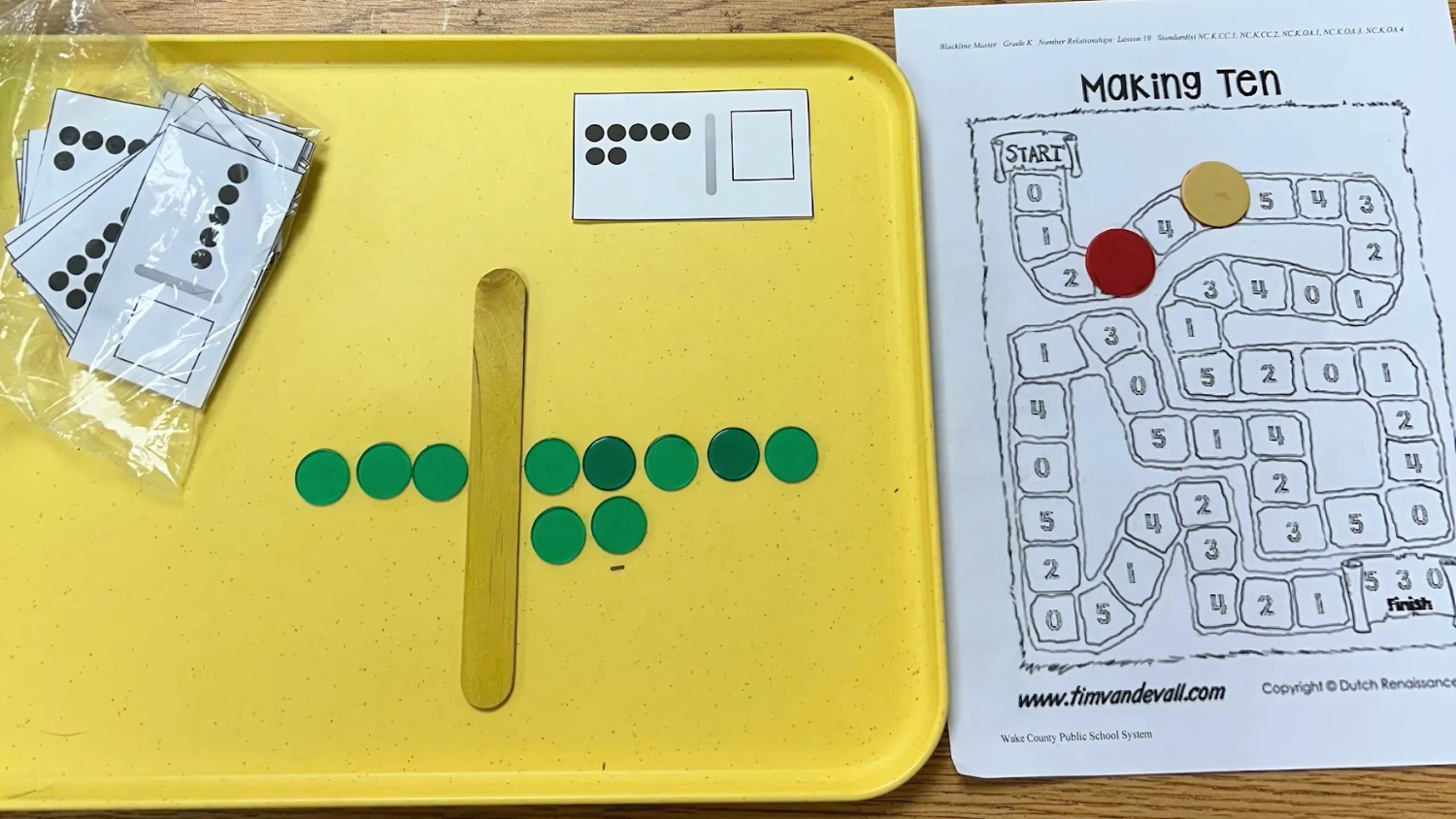CARES Act Funding Helps Graduate Students in the College of Education’s Higher Education Program Enhance Training to Become Virtual Student Success Coaches

Master’s students in the NC State College of Education’s Higher Education Program will be able to build their skills and capacity to support the academic persistence and retention of undergraduate students in UNC System schools thanks to $65,000 in funding provided through the CARES Act.
The Higher Education Program in the fall of 2020 received a grant to train master’s students to become virtual student success coaches. The latest funding, distributed by the UNC System, will help build the students’ capacity to serve as success coaches for remote learning in the spring 2021 semester.
“The overarching goal is for virtual student success coaches to support students’ academic persistence through the challenges of remote learning and therefore enhance the likelihood of students’ persistence through degree completion,” said Krispin Barr, Ph.D., assistant teaching professor of higher education.
Students in the Higher Education Program will be trained to establish trusting relationships with undergraduate students, conduct proactive and regular outreach of accountability, help students set personal, academic and professional goals based on their strengths, interests and passions and provide consistent encouragement and mentoring to support achievement of those goals.
Training, which will take place via Zoom from Dec. 7 through 11, will be led by Sarah Hoffarth Deal ‘20PHD, lead consultant with DVP PRAXIS and a research affiliate at the Belk Center for Community College Leadership and Research, who served as the project activity director for the Carolina Works study — a five-year trial that investigated the impact of success coaching on the outcomes of students attending 10 North Carolina community colleges. The study demonstrated that this evidence-based student success coaching model improves retention and completion for students.
Barr said that while master’s students have been traditionally prepared to support undergraduate student success in on-campus learning environments, the recent accelerated transition to online learning since the start of the COVID-19 pandemic has created an urgent need for coaches who are prepared to provide support in remote learning situations going forward.
“We anticipate promising implications for the use of proactive student success coaching on improving undergraduate graduation rates and plan to explore the feasibility of replicating and scaling this training model for students in higher education graduate preparation programs across the state,” Barr said.
- Categories:


